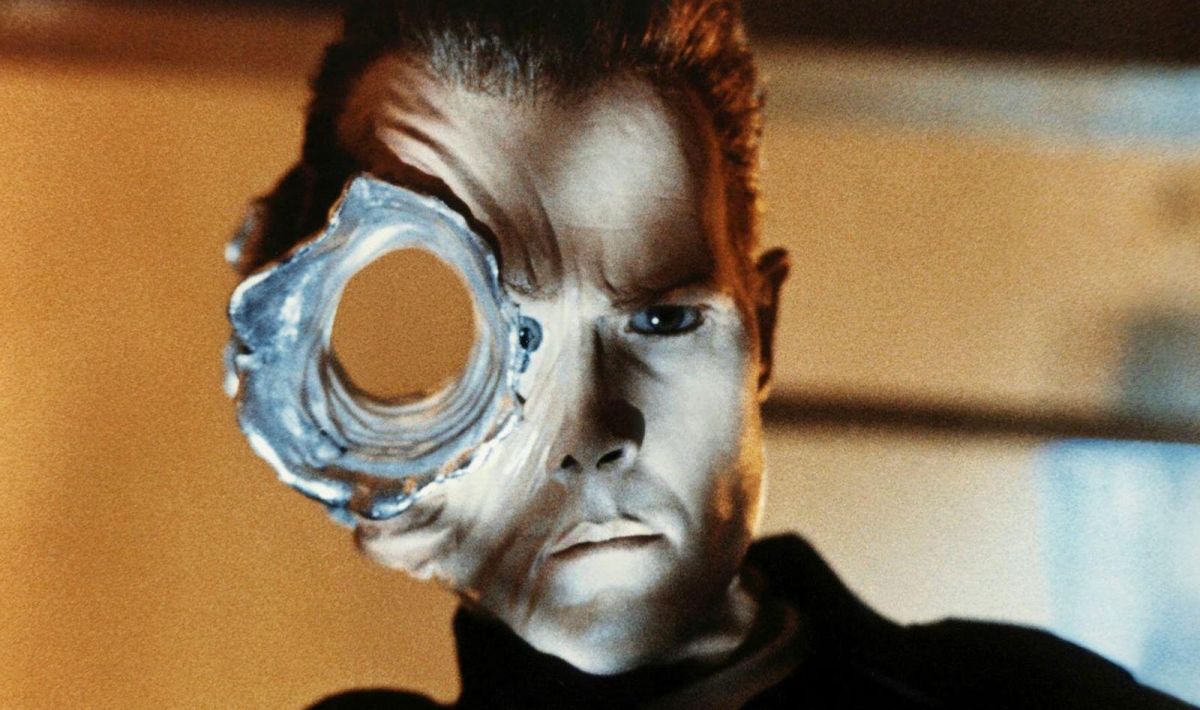“Of course, there are lots of industries whose product engineers would love to translate this finding into intentional engineering approaches to create metals that automatically heal themselves in our structural applications,” lead-author Brad Boyce, a materials scientist at Sandia National Laboratories in Albuquerque, New Mexico, told Live Science. “Self-healing metals could be useful in a wide range of applications from airplane wings to automotive suspensions.”
Edited : clickbait title



“Any headline that ends in a question mark can be answered by the word no.”
Well, it’s a bit of clickbait headline imo.
I tried to cut of the last bit. But it wouldn’t let me make a post without the original title, unfortunately.
in my tests I could modify the headline has I like. First I put the URL … there is a suggested headline … which I can modify or copy and paste … then I can modify the text of the post. You can even modify it once it is published !
Tnx for the tip.
I haven’t tried it via the website. Mainly using Jerboa lately. I thought it could be a community thing, but I’m no expert though. Just tried to find the modification button, but it wasn’t there (now).
Update: In another layout/ page I found the mod button and managed to change the title!
Can any headline that ends in a question mark be answered by the word no?
No.
Here’s a quote from that wiki page you linked to:
You are of course correct, the ‘law’ as written is way too vague to actually even apply in many situations. But it is a fun way to call out articles like this!
I would personally say it is more of a rule of thumb for identifying clickbait journalism. But calling it that isn’t catchy enough, much like the first half of this article’s headline 😄
I just found it kinda funny that the rule is actually wrong irl since yes is more common across the board, yet when formulated as a question the answer to it is no :)